Science Update: Children born during pandemic may experience slight neurodevelopmental delays, NIH-funded study suggests
Infants born during the pandemic—regardless of whether their mothers had COVID-19 during pregnancy—scored slightly lower on certain tests of neurodevelopment at 6 months old, compared to a similar group of infants born before the pandemic, according to a study funded by the National Institutes of Health. The findings suggest that children born during the pandemic may need long-term monitoring to rapidly identify any future lags in development. The researchers theorized that maternal stress resulting from the pandemic could have effects on children’s neurodevelopment.
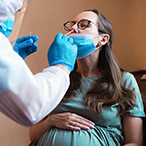
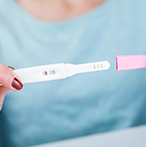
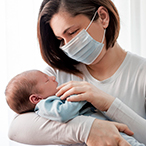
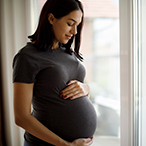
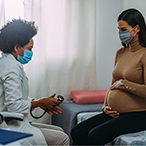










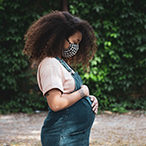

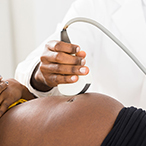
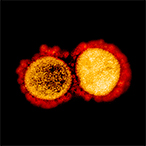
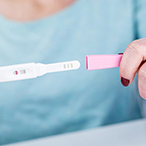
 BACK TO TOP
BACK TO TOP